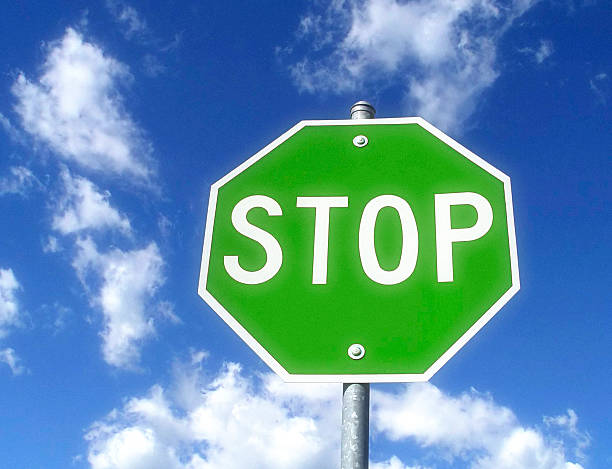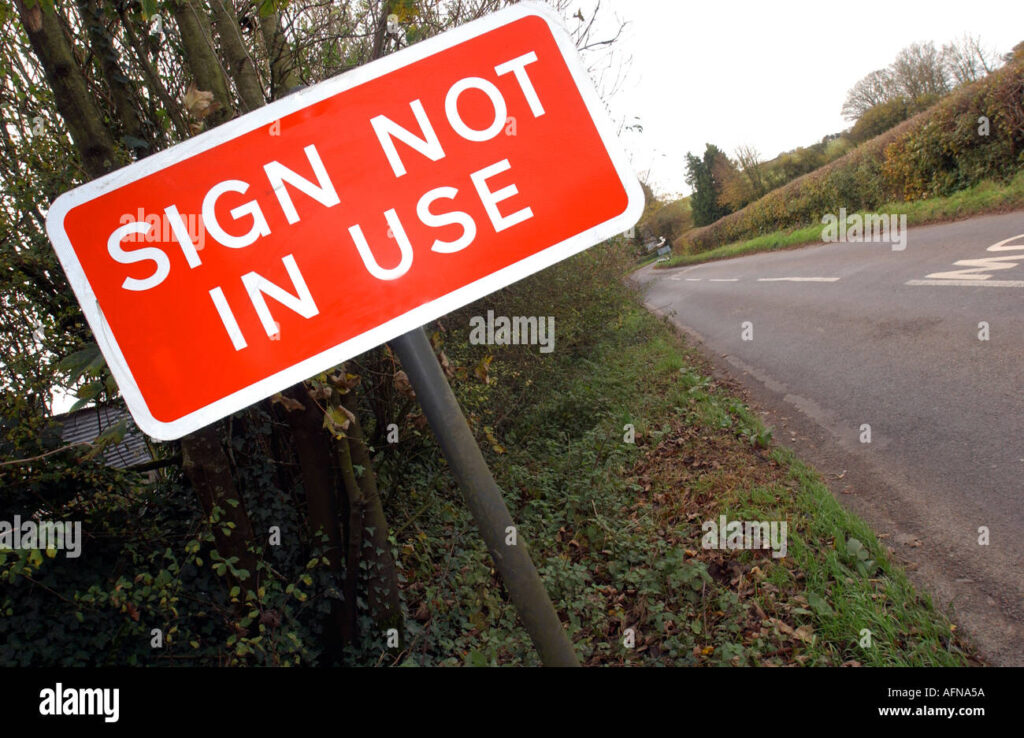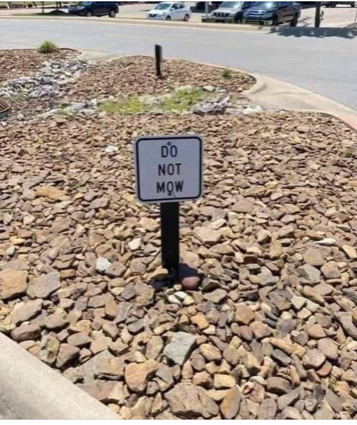Many times late at night I watch “mindless” television to try to induce sleepiness into my brain. I call it mindless not because it’s not entertaining, but because typically these are shows I watched growing up, watched again in reruns as a young adult, and watched them again when they became “classic” television. So I don’t have to think much when I watch. Often, I can say lines right along with the hero or heroine. This does, occasionally, lull me to sleep.
A few evenings ago, however, I was jolted to full alert by a “disclaimer” that appeared prior to the airing of one of my favorite mindless shows. The disclaimer read, in bold print on my screen, “Warning: content of this program may not be culturally appropriate.” The disclaimer went on to disavow any responsibility for this and to advise the viewer to be cautious.
Well, gosh, folks. It was an episode of Bonanza. That’s right, the lone father with three boys from different wives, each of whom died mysteriously and was rarely mentioned who captured the Wild West with his brawn, brains, and stalwart integrity. For a moment I thought perhaps the “cultural inappropriateness” was due to the fact that women were discounted (let me digress to say that if you, as a woman, married or loved a Cartwright or Barkley, you were likely to die or contract a horrible disease within the hour).
But no, women were not the issue the station wanted us to beware of. It was the fact that Hoss (the middle child, and the one with the weight problem – again, not the issue of concern), was attacked by a Native American. By the end of this show, both men had become fast friends and all was peaceful on the Ponderosa. However, throughout the entire script, Hoss – and every other key white man – referred to the Native Americans as “Indians.” (Let me again digress to say that they were actually called “Injuns,” but again, the ruination of grammar was not the cultural issue at hand).
Let me preface my remarks by saying that I typically support any effort toward political correctness if that means no one is offended or insulted by the spoken or written word. That said, in the 1880s (when Bonanza was set), the white folks did refer to Native Americans as “Indians.” So, it’s not culturally appropriate for today, but it wasn’t trying to be. In fact, it was produced in the 1960s when we were not – yet – referring to indigenous peoples in a respectful manner.
My puzzlement deepened, however, as I noted that this was the only classic television program for which I have ever seen this disclaimer. What about I Love Lucy and the many spankings Lucy received from Ricky? How about Bewitched? It’s a rare episode not to see every character smoking and drinking. I especially love the one in which Louise (Larry Tate’s wife) smokes while drinking her third martini –and she’s celebrating her pregnancy!
If they want to start “disclaiming” things in old television shows, then they will just have to pull All in the Family completely off the air. There won’t be more than two consecutive lines that can be shown. That was exactly the point, of course.
Anyway, I watched it and my brain was not polluted or changed as regards thinking and referring to others with respect. I didn’t need the warning, as I recognized the show for what it was – and when it was produced. Women (“wimmen”) couldn’t even vote then! But that didn’t appear to be a problem for the network. Hmmm….




